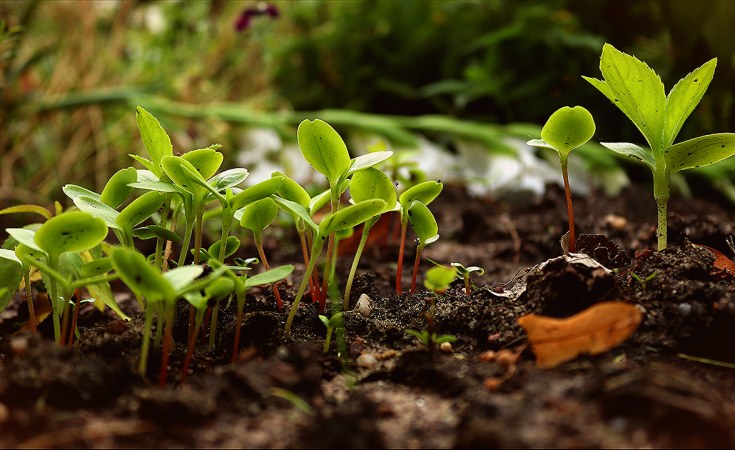Nairobi, June 5, 2024 - In celebration of World Environment Day, themed around land restoration, desertification, and drought resilience, Greenpeace Africa is sounding the alarm on the urgent need for decisive climate action from the Kenyan government. The escalating climate crisis threatens every aspect of life, including education, healthcare, and food and water security.
Hellen Dena, Greenpeace Africa's Pan-African Plastics Project Lead, emphasised: "The climate crisis is unfolding violently before our eyes. It threatens to disrupt every aspect of our lives, and we are in an unprecedented emergency. The Kenyan government, as a key stakeholder, needs to take decisive climate action by declaring a climate emergency now."
Kenya is still reeling from recent floods, which claimed over 220 lives and displaced over 200,000. Dena called on the Kenyan government to ensure disaster management funds are effectively channelled to impacted communities. Crucially, Dena called for real solutions to tackle a climate crisis that is spilling over.
"As the head of the Committee of African Heads of States and Governments on Climate Change (CAHOSCC), President Ruto has a pivotal role in addressing the climate crisis. President Ruto should shift his focus away from promoting unsustainable and false solutions such as carbon offsetting projects. Instead, he should advocate for real solutions like financing clean and renewable energy systems, improving ecological agricultural practices, and protecting biodiversity."
"On this World Environment Day, Greenpeace Africa urges the Kenyan government to seize the opportunity and take bold climate action. Kenya, with its vast renewable energy potential, can lead the global transition to clean energy. By embracing this potential and moving beyond fossil fuels, President Ruto can safeguard people's livelihood, environment, and economy from the devastating impacts of the climate crisis." Dena emphasised.
As Kenya seeks to recover from the devastating floods, Greenpeace Africa will continue championing for the adoption of agroecological farming techniques that enhance biodiversity, soil health, and water conservation. These methods are crucial for building resilience and ensuring food security in the face of extreme weather events.


